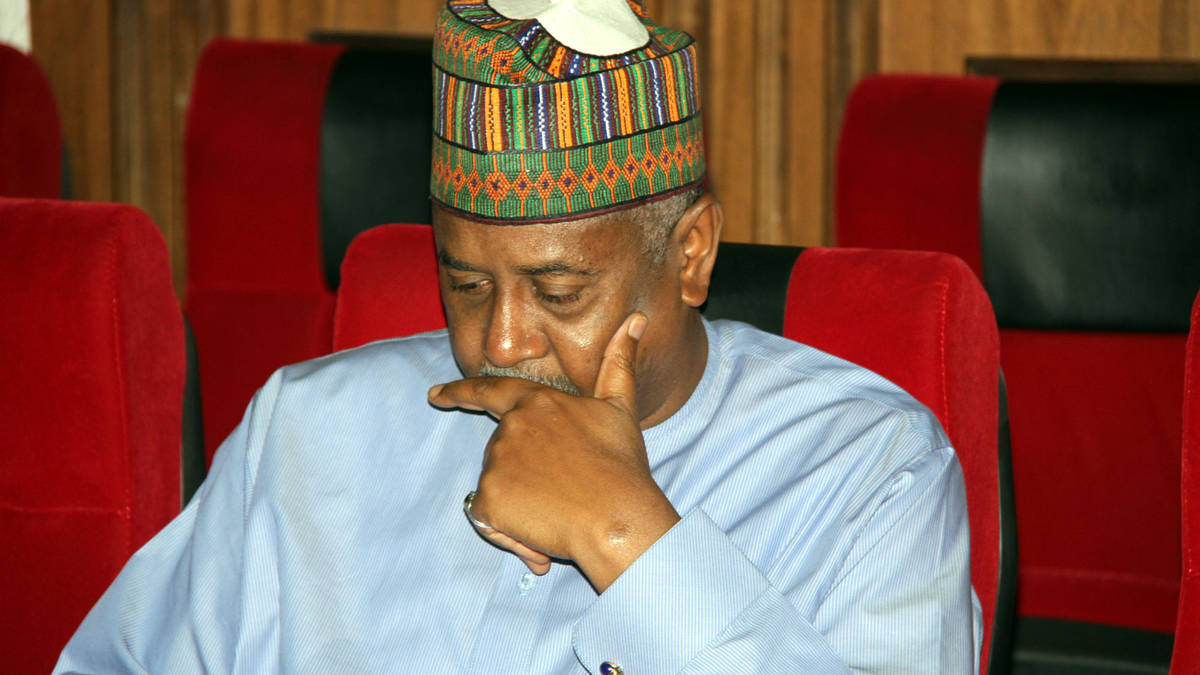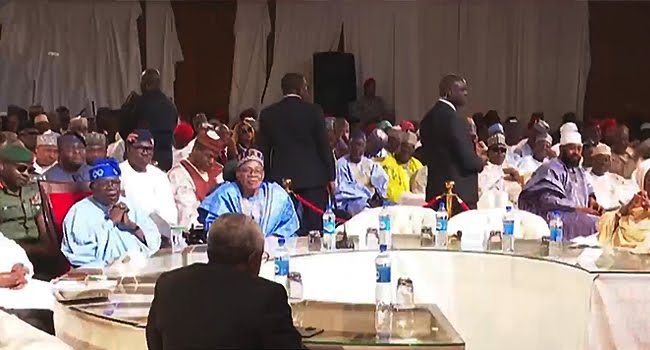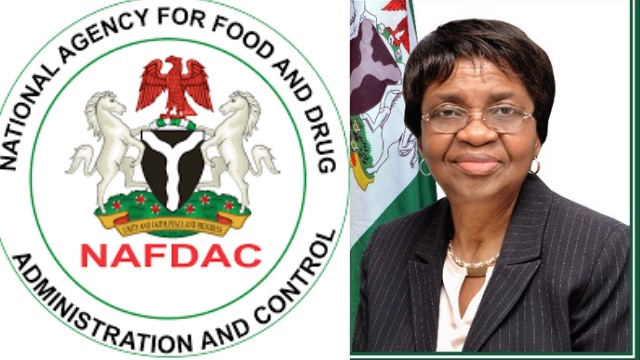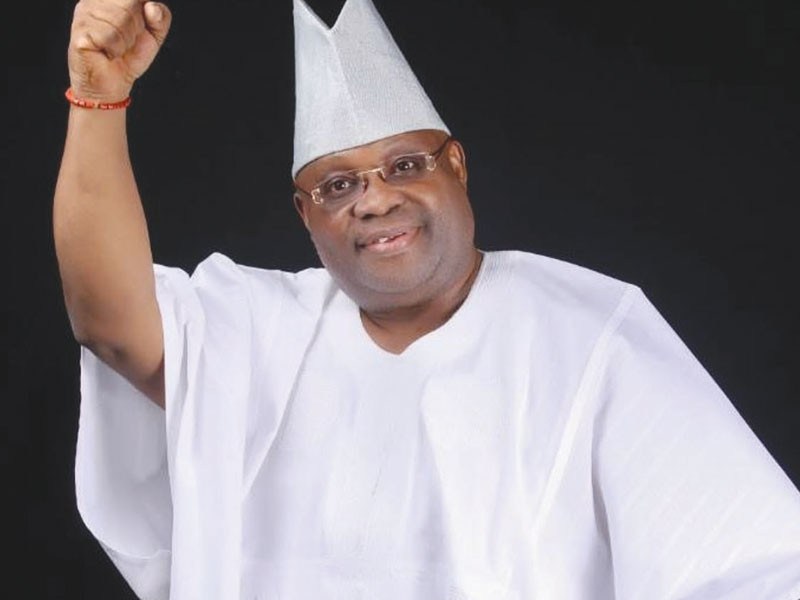Healthcare
‘Why former NSA Dasuki Cannot be Released’

Healthcare
Jonathan Highlights IBB’s Importance to Nigeria As Former Military President Launches Memoir
Healthcare
NAFDAC Reiterates Ban on Sales, Consumption of Sachet Alcoholic Drinks
Healthcare
Adeleke Wins Osun Guber Election
-

 Entertainment5 days ago
Entertainment5 days agoSpider-Man Voice Actor Alexis Ortega Dies at 38
-

 Featured3 days ago
Featured3 days agoMemoir: My Incredible 10 Years Sojourn at Ovation by Eric Elezuo
-

 Opinion4 days ago
Opinion4 days agoThe State of Leadership Today: A Look at Global, African and Nigerian Realities
-

 Voice of Emancipation3 days ago
Voice of Emancipation3 days agoVoice of Emancipation: President Tinubu’s Recent Trip to Turkey
-

 Headline3 days ago
Headline3 days agoOtunba Adekunle Ojora: Farewell to a Good Man
-

 Boss Of The Week3 days ago
Boss Of The Week3 days agoGhana 2028: Mahamudu Bawumia Claims NPP’s Presidential Ticket
-

 National3 days ago
National3 days agoGlo Leads in Investments, Performance As NCC Sets New Standard for Telecoms
-

 Opinion6 days ago
Opinion6 days agoGlobacom Redefines Standard for Telecoms in 2026














